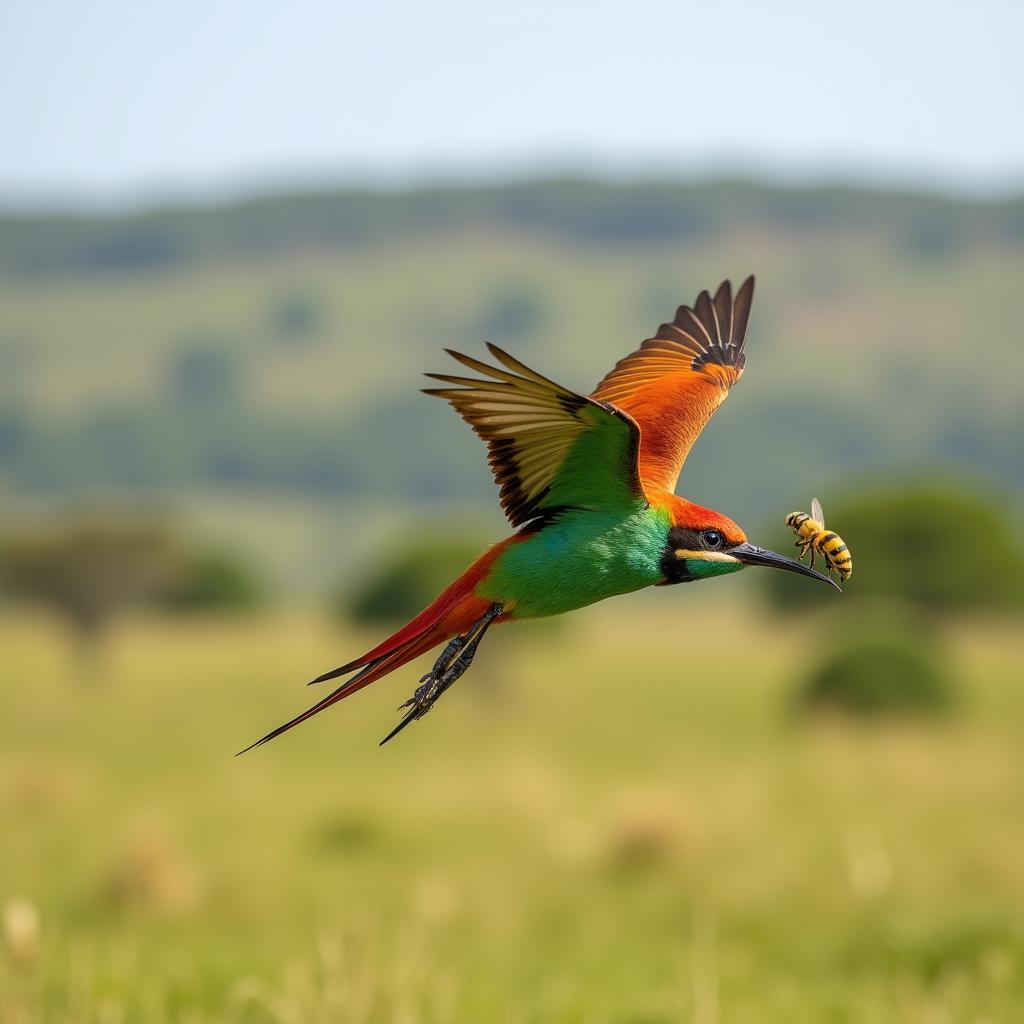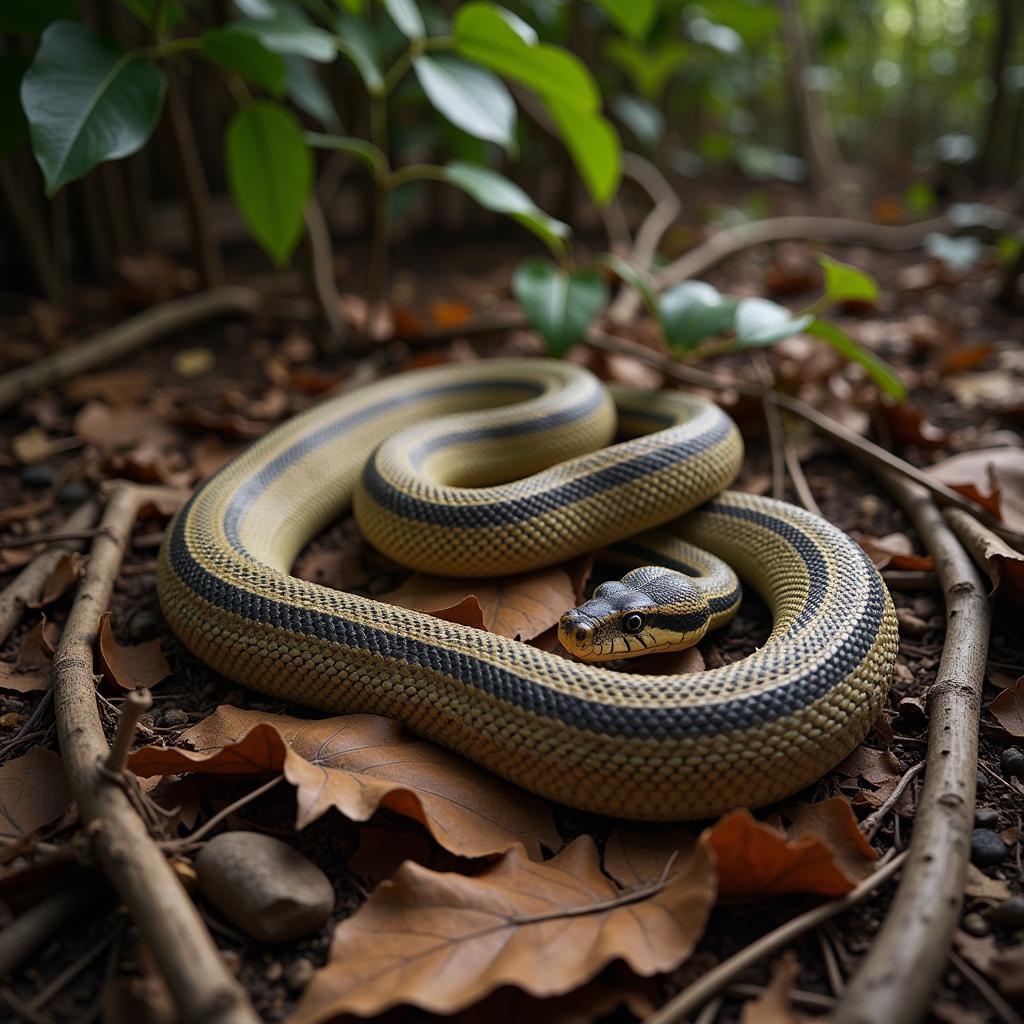Exploring the Wonders of African Freshwater Fish
African Freshwater Fish are a diverse and fascinating group of creatures, inhabiting a wide array of aquatic habitats across the continent. From the majestic Nile perch to the brightly colored cichlids, these fish play an integral role in the ecology and culture of Africa.
 Colorful African Cichlids in Lake Malawi
Colorful African Cichlids in Lake Malawi
A Continent Teeming with Aquatic Life: Diversity and Distribution
Africa boasts an astonishing diversity of freshwater fish, with an estimated 3,000 species inhabiting its rivers, lakes, and wetlands. This incredible biodiversity is attributed to the continent’s varied geography, ranging from vast river systems like the Nile and Congo to ancient lakes like Tanganyika and Malawi.
These diverse habitats have given rise to a remarkable array of adaptations, with species evolving unique characteristics to thrive in their specific environments. Some fish, like the lungfish, have developed the ability to breathe air, allowing them to survive in oxygen-deprived waters. Others, like the electric catfish, possess specialized organs that generate electric fields for navigation and hunting.
The Ecological Significance of African Freshwater Fish
African freshwater fish play a crucial role in maintaining the health and balance of their ecosystems. As a vital link in the food chain, they serve as both predator and prey, regulating populations and contributing to nutrient cycling within their habitats.
Furthermore, these fish contribute to the livelihoods of millions of people across Africa. They serve as a vital source of protein and income for communities, supporting subsistence fishing and commercial fisheries.
 Fisherman Casting Net on Lake Victoria
Fisherman Casting Net on Lake Victoria
Facing the Challenges: Threats to African Freshwater Fish
Despite their resilience, African freshwater fish face numerous threats that jeopardize their survival. Overfishing, habitat degradation, pollution, and climate change pose significant challenges to these populations.
- Overfishing: Unsustainable fishing practices can deplete fish stocks, disrupting ecosystems and impacting local livelihoods.
- Habitat Degradation: Deforestation, dam construction, and agricultural runoff can alter water flow, degrade water quality, and destroy critical fish habitats.
- Pollution: Industrial discharge, agricultural chemicals, and sewage can contaminate water bodies, poisoning fish and threatening human health.
- Climate Change: Rising temperatures, altered rainfall patterns, and increased drought frequency can exacerbate existing threats and disrupt aquatic ecosystems.
 Scientist Studying Water Quality in African River
Scientist Studying Water Quality in African River
Conserving Aquatic Treasures: Protecting Africa’s Freshwater Fish
Protecting Africa’s rich diversity of freshwater fish requires a multifaceted approach that addresses the threats they face.
- Sustainable Fishing Practices: Implementing fishing quotas, establishing marine protected areas, and promoting responsible fishing gear can help ensure the long-term sustainability of fish populations.
- Habitat Restoration: Restoring degraded habitats, promoting reforestation efforts, and minimizing pollution runoff are essential for creating healthy aquatic environments.
- Climate Change Mitigation: Reducing greenhouse gas emissions is crucial for mitigating the impacts of climate change on freshwater ecosystems.
The Future of African Freshwater Fish: A Shared Responsibility
The future of Africa’s freshwater fish depends on the collective action of governments, communities, and individuals. By raising awareness, supporting sustainable practices, and advocating for conservation efforts, we can help safeguard these invaluable aquatic treasures for generations to come.
FAQs about African Freshwater Fish
1. What is the largest freshwater fish in Africa?
The Nile perch (Lates niloticus) is the largest freshwater fish in Africa, reaching lengths of up to 6 feet and weighing over 440 pounds.
2. What are cichlids, and why are they important?
Cichlids are a diverse family of fish known for their bright colors, complex behaviors, and rapid evolution. They are ecologically important for their role in nutrient cycling and as a food source for larger predators.
3. How can I support the conservation of African freshwater fish?
You can support conservation efforts by making sustainable seafood choices, reducing your carbon footprint, supporting organizations working to protect freshwater ecosystems, and raising awareness about the importance of these species.
Contact Us
For further information or assistance regarding African wildlife and conservation efforts, please contact us at:
Phone Number: +255768904061
Email: kaka.mag@gmail.com
Address: Mbarali DC Mawindi, Kangaga, Tanzania.
Our dedicated customer care team is available 24/7 to assist you.

